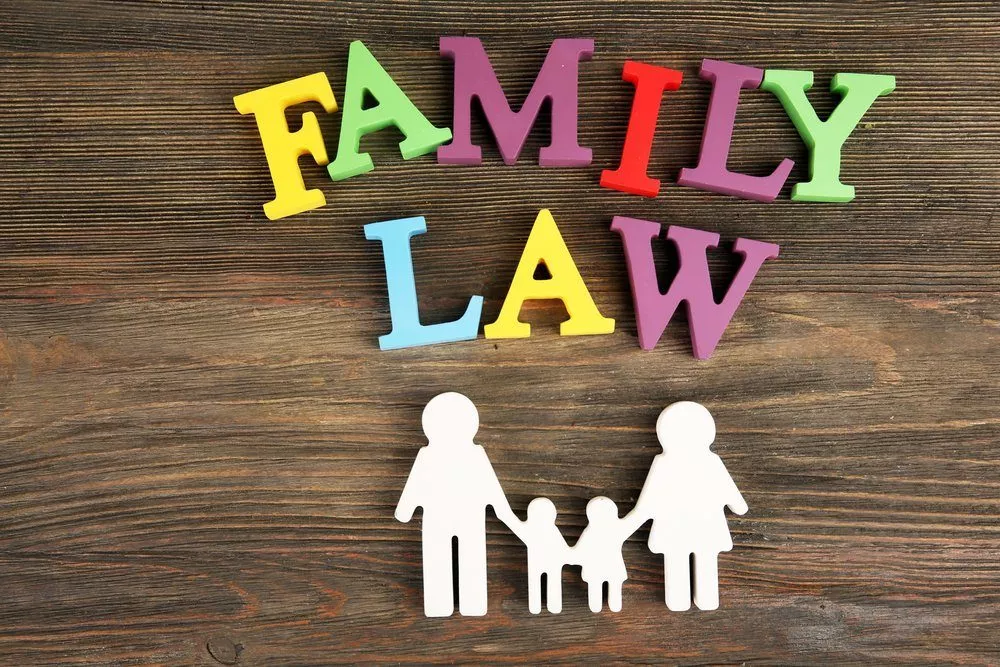What is the purpose of a family court? What happens in family courts? Anything involving the law can be scary and is often tricky, including the vocabulary. Let’s find the answer to these questions together.
1. Family Court
2. Petition
The first step, bring your case into the Family Court is to file a petition. Just for future reference, a Petitioner is the individual filing the petition. The Respondent is the person you’re filing the petition against.
Family Court Clerk’s Office provides this form and is easy to access. A petition is a sworn statement giving only the facts of the case you want the Family Court to decide. A lawyer will fill this out for you, but if you don’t have one, you’ll have to fill it out yourself. If there’s been no prior court intervention, the petition needs to state why the petitioning parent feels he or she should take care of the child or children. If there has been a previous order in either a Family or Supreme Court, the petition must clearly state a substantial change in circumstances which justifies bringing the case back to court.
3. First Hearing
4. Lawyer
5. Your Case
6. Trial
The trial in Family Court may have one or two parts, depending on the situation. Custody, paternity, and visitation cases are quick and only have one part. Cases involving offenses, Juvenile Delinquency, abuse or neglect are more complicated and need two parts. The fist part is the fact-finding hearing; the second is the dispositional hearing. The judge conducts everything. During the fact-finding hearing, all relevant facts and supporting evidence come before the judge. If there isn’t enough evidence to support the reported facts, then the case ends here. Occasionally the Petitioner will be withdrawn, meaning the process discontinues. If the facts are true for the one part cases, the judge will make a call during the fact-finding hearing. If the facts are true for the two-part cases, the case moves from the hearing process into the dispositional hearing.


 CALL US NOW
CALL US NOW










